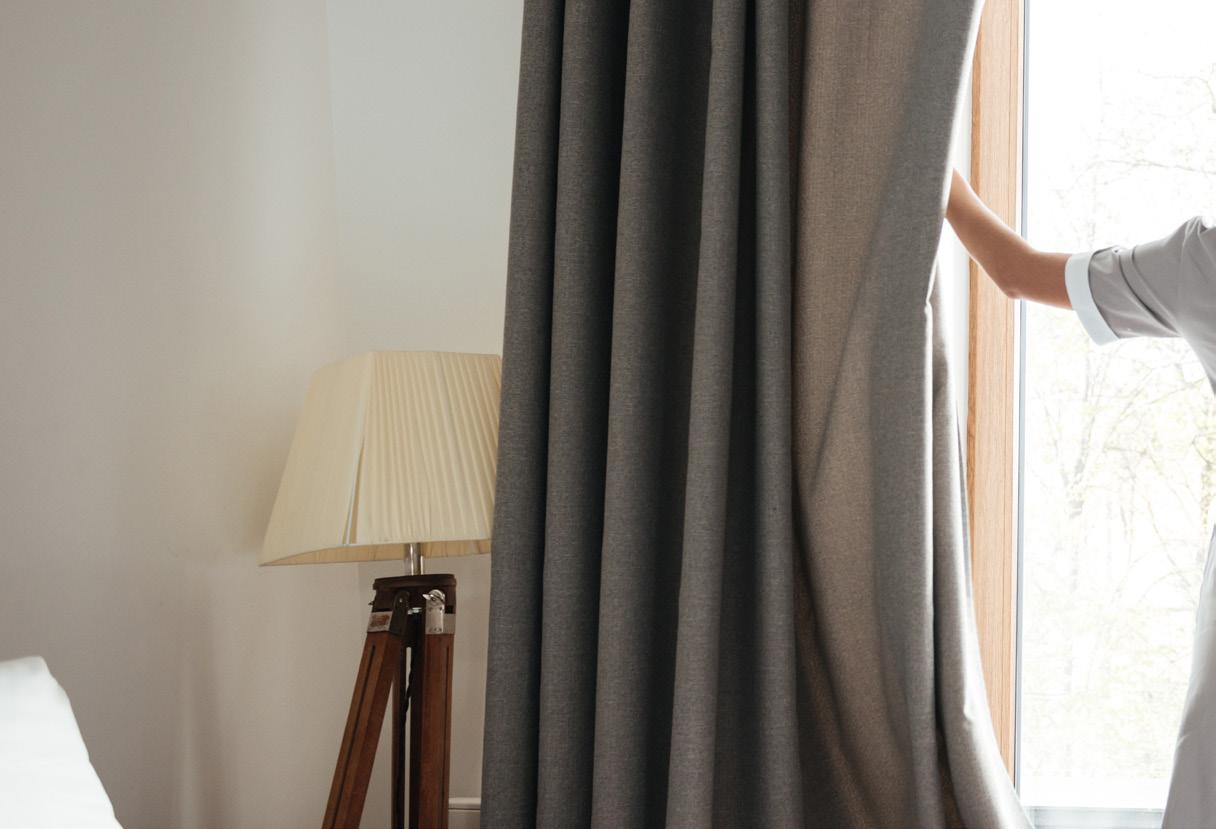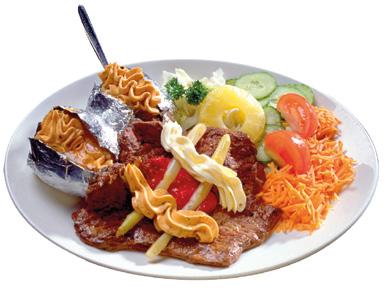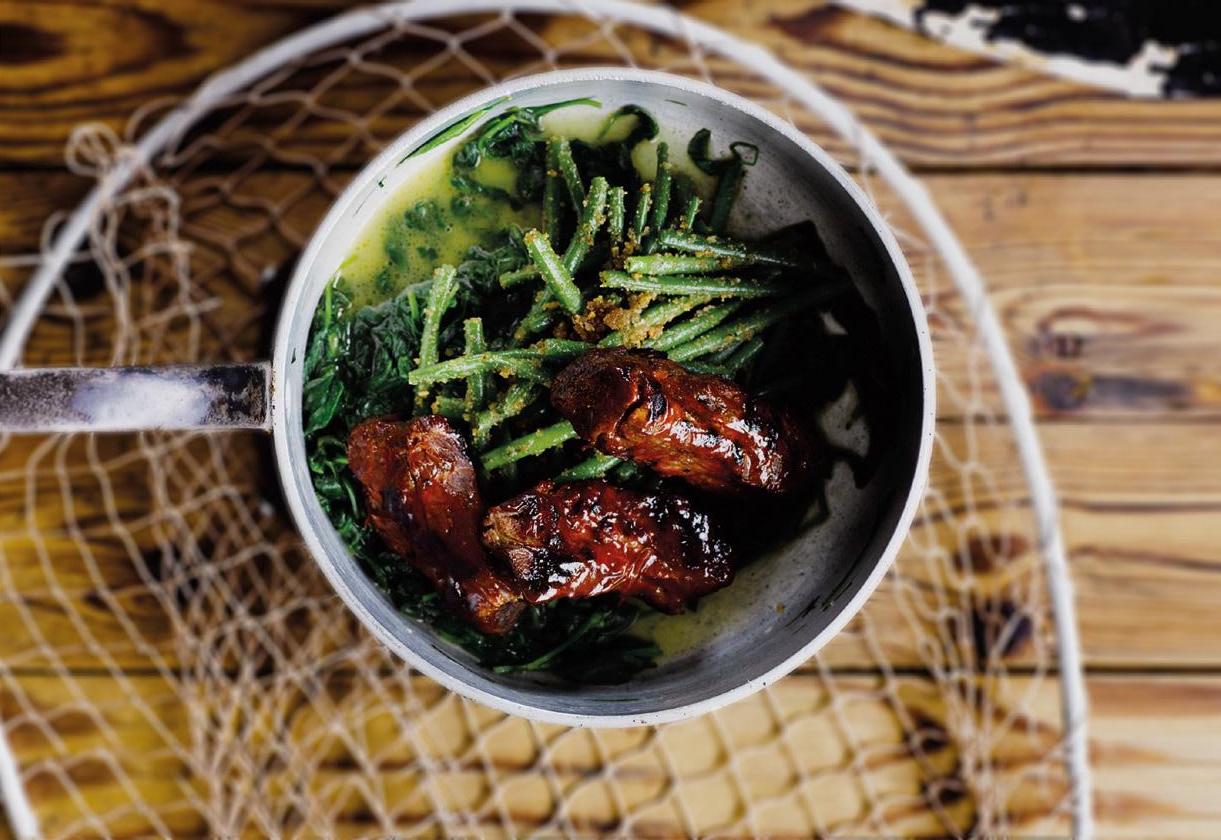
9 minute read
Reading the Finnish mind
Written by Pauliina Eriksson Translated by Anna Eloaho
Have you ever pondered what the Finns are like? What is the Finnish sense of humour like, what makes a Finn weep, how do Finns see the world?
Advertisement


The literary tradition is strong in Finland. The headway of literary works written and published in Finnish language began in the late 19th century and nowadays this small country with its 5,5 million inhabitants is the second biggest publisher of books in the world per capita.
Is it possible to get a grip of this nation by reading books? Author and teacher of Finnish language and literature Tommi Kinnunen recommends reading for anyone interested in foreign cultures. He emphasizes that literature does not merge from emptiness but “reflects the society and the social situation of a certain region, country or continent”. Through literature a reader gains an opportunity to get to know new cultures, certain geographical regions or specific epochs.
Seven Brothers by Aleksis Kivi, considered to be the first significant novel written in Finnish language, is the ultimate classic of the Finnish literature. First published in 1870, Seven Brothers celebrates its 150th anniversary in 2020. With seven brothers as protagonists, the bildnungsroman tells the tale of seven freedom-loving and uncivilized village youth to respectable members of society. Kivi’s novel is often among the first ones mentioned when Finnish literature is introduced and it has been translated to numerous languages.
Surprisingly Kinnunen doesn’t recommend a foreign reader to start from a classic. According to him the classics do give an accurate account of how the Finnish culture has developed from the past to our days, yet he recommends to start from a more contemporary work.
Whereas Seven Brothers is set in an agricultural era, the awarded author Kjell Westö is known for his novels set in an urban environment, more specifically Helsinki. His works, too, have been translated widely.
However, there is one interesting phenomenon Kinnunen wants to bring about when Finnish literary classics are discussed. The tradition of strong women within Finnish literature can be traced throughout the tradition, starting from the national epic Kaleva, all through the plays by Hella Wuolijoki depicting ordinary people and continuing to the contemporary works like The Midwife by Katja Kettu.
Also children’s literature is widely read and published in Finland. The Finnish kids love Tatu and Patu -series by Aino Havukainen and Sami Toivonen, with two wacky brothers from Oddville as protagonists. Tommi Kinnunen recommends Me Rosvolat -series by Siri Kolu as an example of an anarchist approach within the children’s book genre.
Kinnunen emphasizes the meaning of literature in understanding phenomena that might otherwise be difficult to grasp. He gives being silent as an example of this and defines it as the ability of the Finnish people to feel relaxed in company without saying a word. “One doesn’t need to be distressed about being silent in Finland” he says. Yet another good example of specifically Finnish phenomenon is the dark, laconic and often bizarre humour of Arto Paasilinna’s novels.
Got interested? There is a good selection of Finnish fiction available at the bookstores. Seven Brothers, Kalevala and The Midwife can be found in bookstores in English, German or Russian. Kjell Westö’s novels, too, have been translated to German. Tatu and Patu -books are available for kids in English and in German. Arto Paasilinna’s humour is available for those who read in French.
The path to Finnish mind is open. s
Sharing silence in Finnish literature
"Tuomas eyes the old childhood playgrounds from the cottage roof top. […] Tapio sits down by his side on the ridge and together they share a silent moment only brothers can have. The other one is looking at the lake and the other knows him to be counting the number of new cottages hiding behind the pine trees on the opposite shore. The other one glances at his side, which is enough to tell his brother that he is pondering the state of the dried up gray pine tree. Without saying a word, without looking at each other they both come to the conclusion that it should be felled and made to firewood. "

TIMES-LEHDET TAVOITTAVAT 3 MILJOONAA HOTELLIYÖPYJÄÄ VUODESSA Metropolitan Times | Tampere Times | Turku Times | Oulu Times Puh. 045 656 7216

ARE YOU HIDING YOUR
BRAND?

We create functional identities and unforgettable brands.
So stop hiding and let’s level up your image!


www.knok.fi

TAMPERE TIMES COLUMN

Hitched to hotels
Written by Tomm i Kinnunen Translated by Anna Eloaho
Spending nights in hotels was not something I got used to as a child. My parents worked as photographers in a small district in northern Finland and to accommodate a family of seven in a hotel would have cost far too much. Hence, on the rare vacations were got used to spending nights on makeshift beds on the floors of friends and relatives. And what I had learned as a child, I carried on as a student. On occasional trips to other towns, I would crash on the spare mattresses of my local friends. We would laugh, talk and make the world a better place until four in the morning and then empty the refrigerator for breakfast.
Therefore I was truly seduced by hotels only as an adult. They whisked me away from a day-to-day life, into a totally different word where daily routines, such as cleaning, making breakfast and changing the linen would be done for me by someone else, all I had to do was to enter. At home I would fantasize how my messy one-room flat would one day become clear and contemplated as a hotel room.
A little luxury to balance a lot of every day life. That was the kind of hotel relation I yearned for. To be able to take a weekend away, see a play in a strange city after a working week. To be able to stay in an elegantly decorated room and to enjoy the difficulty of multiple choice at the sumptuous breakfast buffet. We all recognize the tingling joy of entering a new room for the first time. One is compelled to draw the curtains and check the view, open the door and inspect the bathroom. It’s almost annoying to open the suitcase and start unpacking the mundanities of one’s normal life into that beautiful utopia.

Then our relationship changed. My work as a novelist started to take me to hotels more often that I thought was even necessary. Our relationship turned habitual. There always seemed to be the same rainy street-view behind the curtains and the same indifferent beds and tables in the room. The only cause for a slight excitement was whether there would be a tub or a shower in the bathroom.
Suddenly we were no longer lovebirds but in a steady relationship. When previously I had wanted a hotel to be the unordinary non-home, nowadays when a hotel room functions as my home base during the author visits, I quite unexpectedly yearn for likeness of home from it. Instead of a hotel in the luring pulse of the city centre, I prefer a quiet location. I, too, keep to my room, having no interest to go nightclubbing. Instead of the abundant breakfast buffet a middle-aged man appreciates the light vegetarian choices. And rather than room service he prefers the possibility to iron his costume before making his public appearance.
What will the next step be? Are we to become an old married couple, knowing each other’s needs without words. There will be a thin pillow and a thick duvet for my aching bones waiting for me on my arrival and I will know my way around the building and into the breakfast room without instructions. Perhaps later on we will grunt on my grow-up daughter’s relation to hotels: her stories about the exciting weekend trips, spectacular lounges and beautiful decorations. Who knows.
At the moment, however, she is just six years old and has very little experience in hotels. And although the 800-kilometre drive to see grandmother requires us to stop overnight, we have a habit of spending the night in the guestrooms of the relatives. s

Tommi Kinnunen (b.1973) is an author and a school teacher of Finnish literature. He was born in Kuusamo, north-east Finland and currently lives in Turku. His debut novel, Where Four Roads Meet (Neljän tien risteys, 2014) was shortlisted for the Finlandia Prize for Fiction and awarded with several literature awards. Where Four Roads Meet has been adapted to theatre as well. Kinnunen’s second novel, the Light Behind the Eyes (Lopotti, 2016) was also shortlisted for Finlandia Prize. His third, The Glass River (Pintti, 2018) was awarded with the Bothnia Literary Prize. Kinnunen’s works have been translated into 20 languages. His fourth novel will be published in autumn 2020.









PAUTHENTIC ITALIAN
FLAVORS AND AN ATMOSPHERE OF A WINE BAR


STEAK HOUSE When you want to feast quickly and reasonably! Kun haluat herkutella nopeasti ja edullisesti!
PWELCOME!
BENVENUTI! SUVANTOKATU 9, TAMPERE
TEL. (03) 225 5505 INFO@PIEMONTE.FI

WWW.PIEMONTE.FI
Joka päivä reilu ULKOFILEPIHVI lempiperunoittesi ja salaatin kera alk. Every day a steak from 8 50 4 50 Talon viini Wine of the house /12cl
Open Monday-Saturday 10.30-20.00 Sunday 11.00-19.00 www.manhattansteakhouse.fi


truly elegant taste, perfected with excellence of heart
YOUR LOCAL TAXI SERVICE













